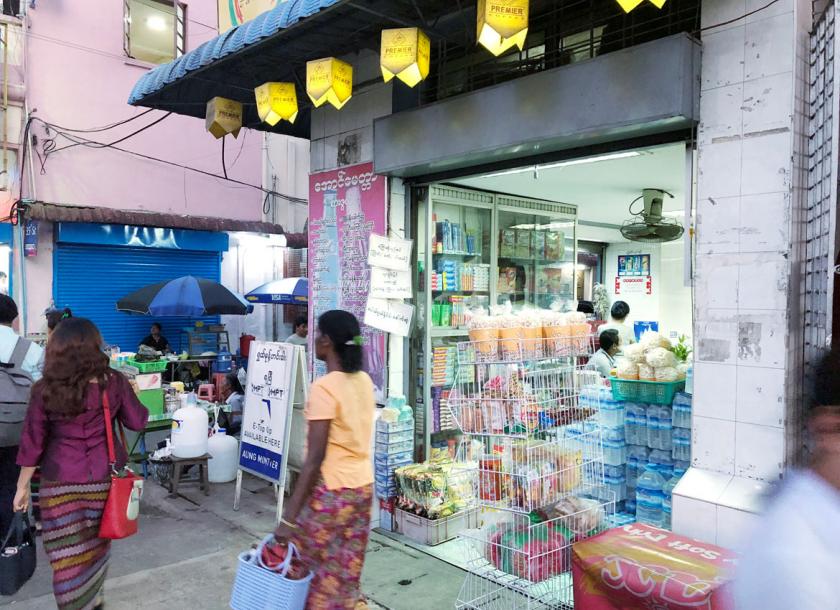Government will provide more support to local SMEs in gaining access to technology to produce value add products
26 มิถุนายน 2561
The government will provide more support to local small and medium enterprises (SMEs) which lack the technological knowhow enabling them to add value to finished goods, as this places them at a disadvantage to international peers and results in missed job opportunities for local residents.
“In Rakhine State, for example, bamboo is cut down and directly imported to India. Most crops are exported raw. No value is added, which results in lower margins for cultivators and fewer jobs for the people,” said Daw Aye Aye Win, Director General of the Directorate of Industrial Supervision and Inspection (DISI).
DISI falls under the remit of the Ministry of Industry and is responsible for helping SMEs gain access to technology, market access and financial support. DISI also conducts safety inspections at industrial workplaces.
It said SMEs in the food industry are among the firms most in need of technological support. Around 60 percent of SMEs involved in producing and processing food need help in generating and adding value to their products so as to build quality and scale.
“Even if demand is strong, raw or bad quality products will not gain much traction in the international market, where Myanmar products will be competing with goods from other countries. So, access to technology and training should be a priority for local SMEs that wish to gain international market share,” said Daw Aye Aye Win.
This is true of locally produced tomatos as well as green tea and coffee, she said.
As such, DISI will raise efforts to work together with the private sector to promote locally produced goods, including those made in the states and regions beyond Yangon.
This will also help to raise exports and narrow the trade deficit, which is in line with the National Export Strategy, which prioritises products such as beans, pulses and oilseeds, fisheries, forestry products, textiles and garments, rice and rubber.
Myanmar exports actually hit their highest level in 50 years in 2017-18, with rice exports estimated to have increased to 2.5 million-2.8 million tonnes compared to the previous estimate of 2.2 million tones. Garment exports also increased.
However, improving rice and garment exports were not sufficient to narrow the current account deficit, now 5pc of GDP compared to 3.9pc last year. Imports, driven by strong domestic consumption of overseas goods and demand for capital goods to supply infrastructure projects, grew 12pc during the year, according to the Asian Development Bank (ADB).
Based on estimates provided by the Asia Development Bank, the current account deficit will widen further to 5.4pc of GDP in 2018-19.
(The Myanmar Times: https://www.mmtimes.com/news/government-support-smes-gaining-access-technology-value-add.html )











